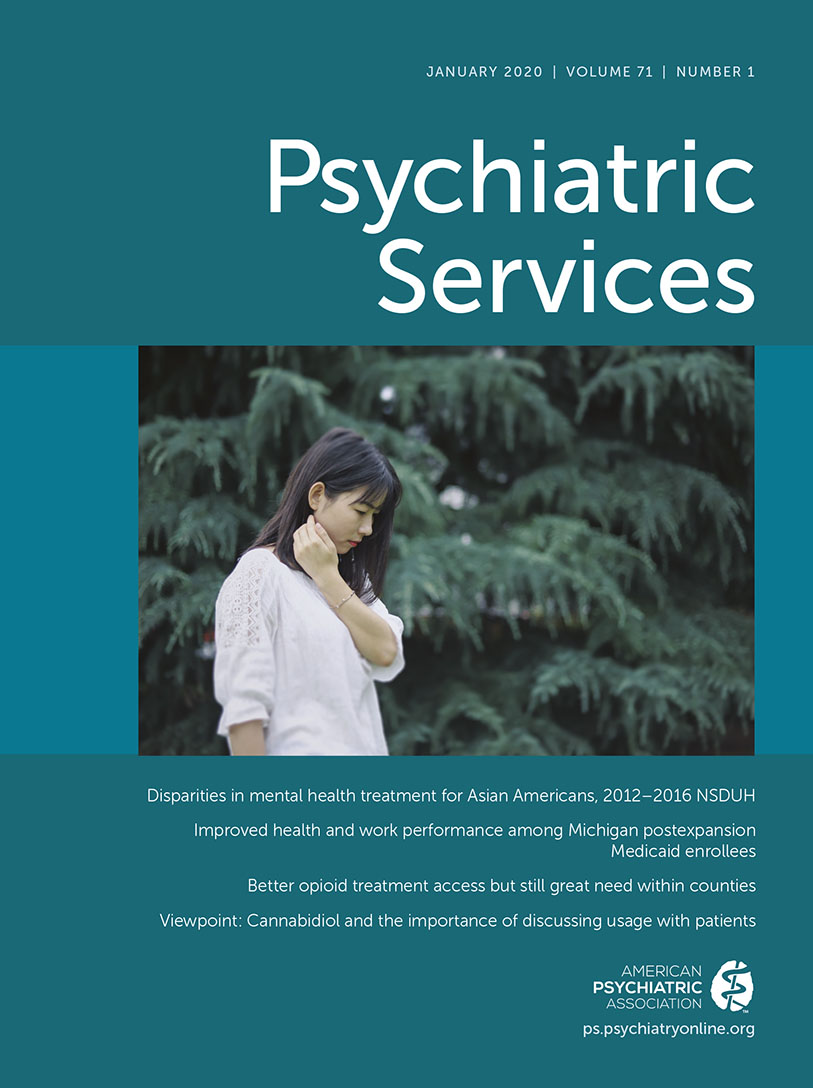Systematic Review of the Impact of Behavioral Health Homes on Cardiometabolic Risk Factors for Adults With Serious Mental Illness
Abstract
Objective:
This systematic review examined the impact of health homes on cardiometabolic risk among adults with serious mental illness.
Methods:
The Preferred Reporting Items for Systematic Reviews and Meta-Analyses procedures were used to conduct the systematic review. Databases were searched for peer-reviewed articles published between 1946 and August 2018 that compared health homes with a control condition (e.g., usual care and secondary data analyses using matched samples). Participants, interventions, comparisons, outcomes, and study design criteria were used to assess study eligibility. Studies were assessed for methodological quality by using the Quality Assessment of Before and After Studies With No Control Group and the Quality Assessment of Controlled Intervention Studies.
Results:
Eighteen studies (i.e., 11 observational studies, four quasi-experimental studies, and three randomized controlled trials) reported on 17 health homes. Most studies reported increases in receipt of screening for cardiometabolic risk factors and service use. There was a modest reduction in selected cardiometabolic risk factors among people with serious mental illness, but clinical outcomes varied widely among studies.
Conclusions:
Improvement in cardiometabolic risk factors varied across the studies, and the clinical significance of these reductions was not clear. Peer support and self-management training may represent strategies to improve cardiometabolic risk factors. Colocation of services may not be enough to significantly affect cardiometabolic risk factors. Health homes that include standardized screening, peer support and self-management training, and intervention components that target interdependent risk factors may have a greater impact on clinical outcomes.



